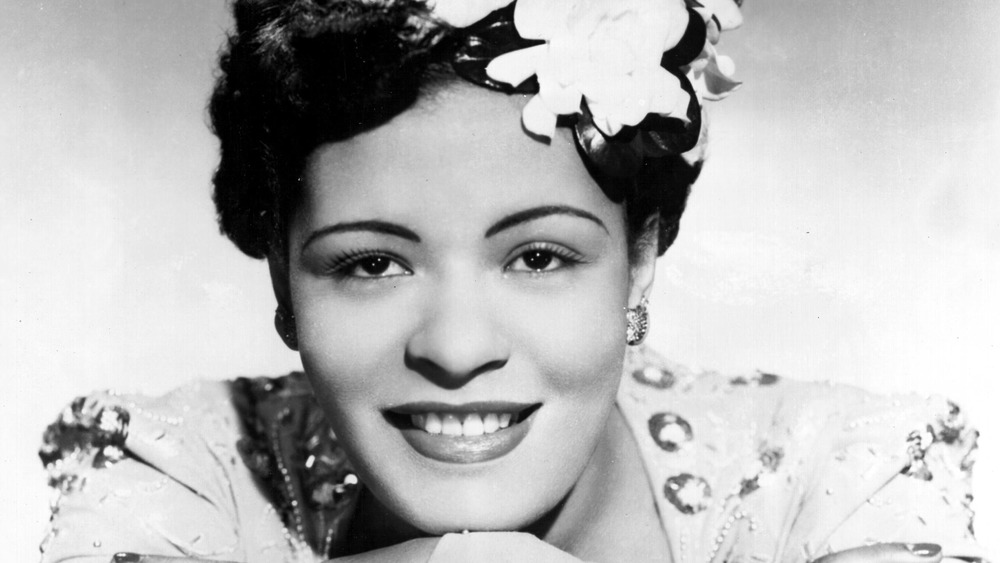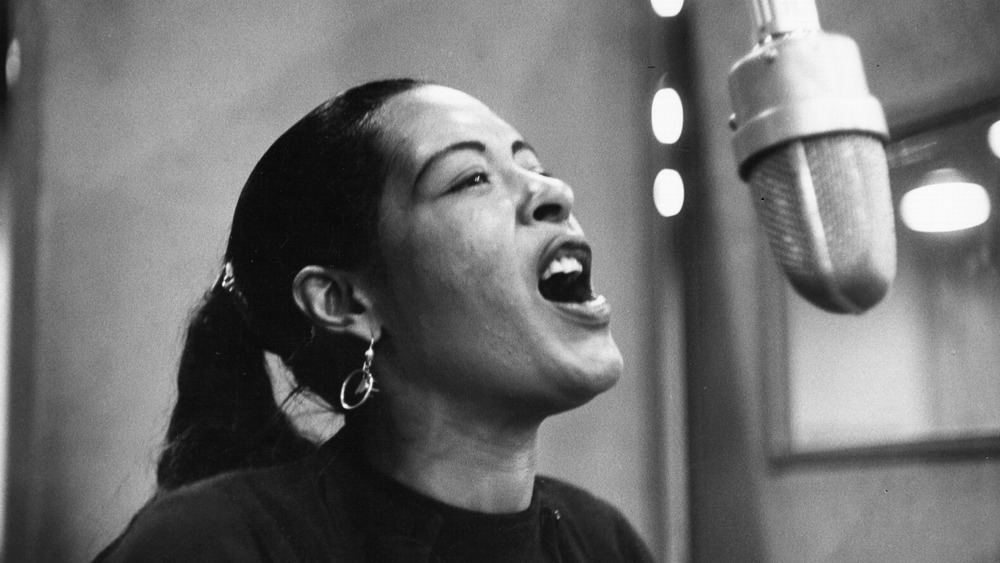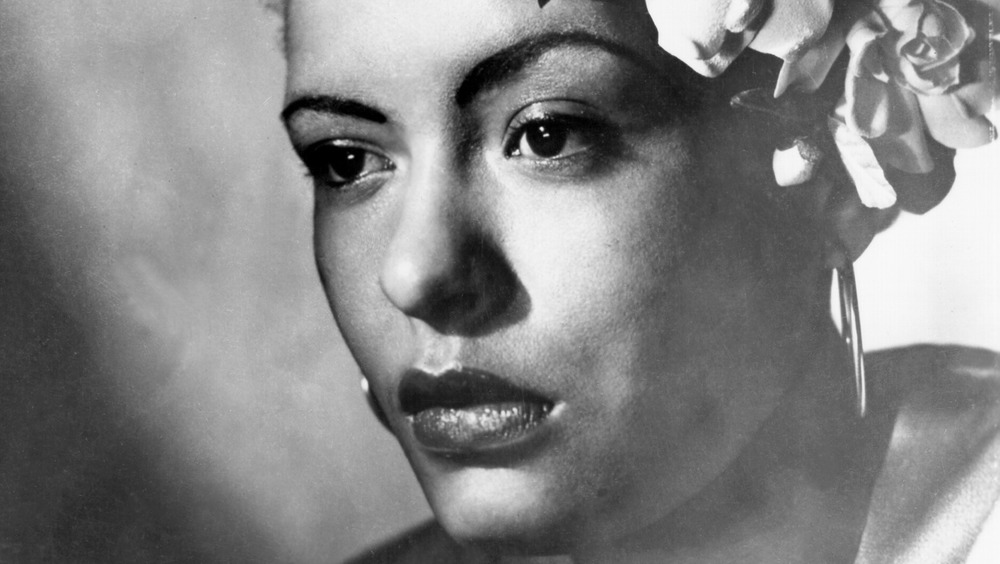The Tragic Meaning Behind Billie Holiday's 'Strange Fruit'
Billie Holiday had one of the most easily identifiable voices in the history of recorded of music. It is a voice that, over the course of a 26-year career and during the years since her tragic death at the age of just 44, has brought solace to millions with its serenity and soulfulness.
But Holiday, known affectionately as "Lady Day," also had an impressive range when it came to the styles in which she sang, from blues to jazz to swing, and also in the subject matter that she was willing to tackle on record and in live performance. There are many contenders for the title of best Billie Holiday song. Most of them, such as 1937's "Easy Living" and 1944's "I'll Be Seeing You," are brooding ruminations on love or loss. But perhaps the most timeless are those that dealt with the realities of race prejudice in America, songs that still reverberate with astonishing power when played for audiences today.
Billie Holiday recorded the song "Strange Fruit" for Commodore Records in 1939, and it became her biggest-selling record on its release, according to Holiday's autobiography, Lady Sings the Blues. Holiday referred to the song as her "personal protest," and it certainly differed from her typical material. In the song, the image of "Strange Fruit" serves as a shocking metaphor for bodies hanging from trees, the victims of racist lynch mobs in the US in the early decades of the 20th century.
'Strange Fruit': a response to horror
The song (on YouTube) begins:
"Southern trees bear a strange fruit
Blood on the leaves and blood at the root
Black bodies swinging in the Southern breeze
Strange fruit hanging from the poplar trees."
The story of the song's creation is an unusual one. Rather than a jazz standard or the work of a songwriter, "Strange Fruit" began life as a 12-line poem composed by Abel Meeropol, according to Biography. Meeropol, a "Jewish communist teacher and civil rights campaigner from the Bronx," had originally written the poem as a response to a graphic photograph taken in 1930 of Thomas Shipp and Abram Smith, two Black men who had been lynched in Indiana. The image so haunted the teacher that he felt urged to pen the lines that would become "Strange Fruit.
According to her autobiography, Holiday was introduced to the poem by Meeropol — who had published it under the pseudonym Lewis Allan — at the famous Cafe Society jazz club in Greenwich Village, the venue where Holiday would first perform it as a song in March 1939.
"I was scared people would hate it. The first time I sang it I thought it was a mistake and I had been right being scared. There wasn't even a patter of applause when I finished. Then a lone person began to clap nervously. Then suddenly everyone was clapping."
The enduring power of 'Strange Fruit'
In its discussion of "Strange Fruit," Lady Day Sings the Blues paints a picture of an artist overcome by her own enormous emotional and physical reactions to perhaps her greatest work. Holiday describes how the song would allow her "angriest and strongest voice" to emerge, and how she would have to think long and hard about when the song ought to be performed, and for whom. She nearly always saved the song until last, after which, Holiday claims, she would leave the stage and go straight to the backroom, where she would be physically sick.
Holiday says she found the song resonant personally due to the memories it would evoke of the tragic and unjust death of her own father, who, per Biography, "died at 39 from a fatal lung disorder, after being turned away from a hospital because he was a Black man."
"It seemed to spell out all the things that killed pop," Holiday wrote.
The song has been recorded by a number of artists since Holiday first popularized it, including such notables as Nina Simone, Annie Lennox, and Jeff Buckley, while Kayne West employed prominent samples of the song for his track "Blood on the Leaves," according to MTV.
In a 2019 article celebrating 80 years of the song's existence, the BBC describes "Strange Fruit" as a "timeless call to action," and suggests it is possibly the most shocking song of all time.


